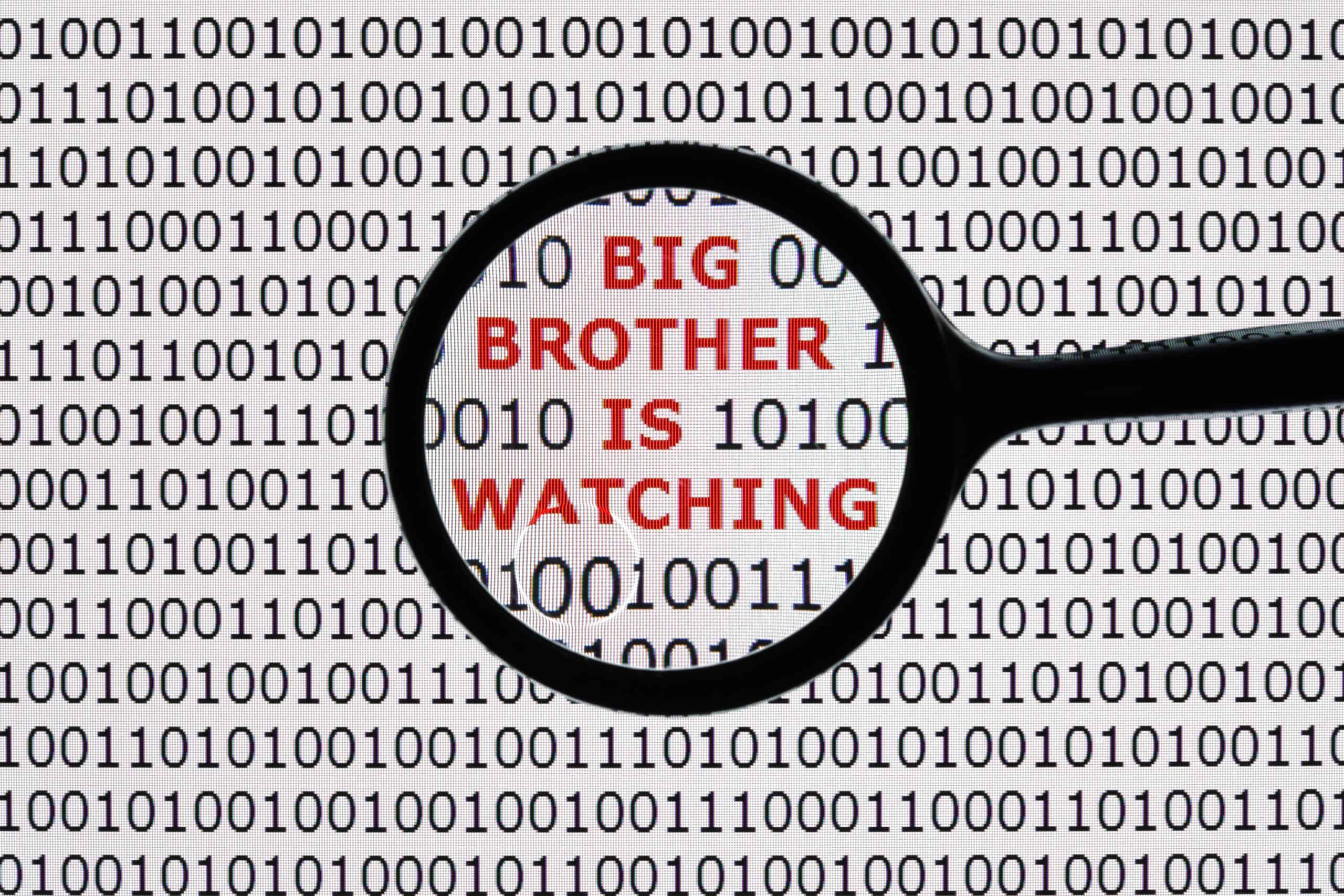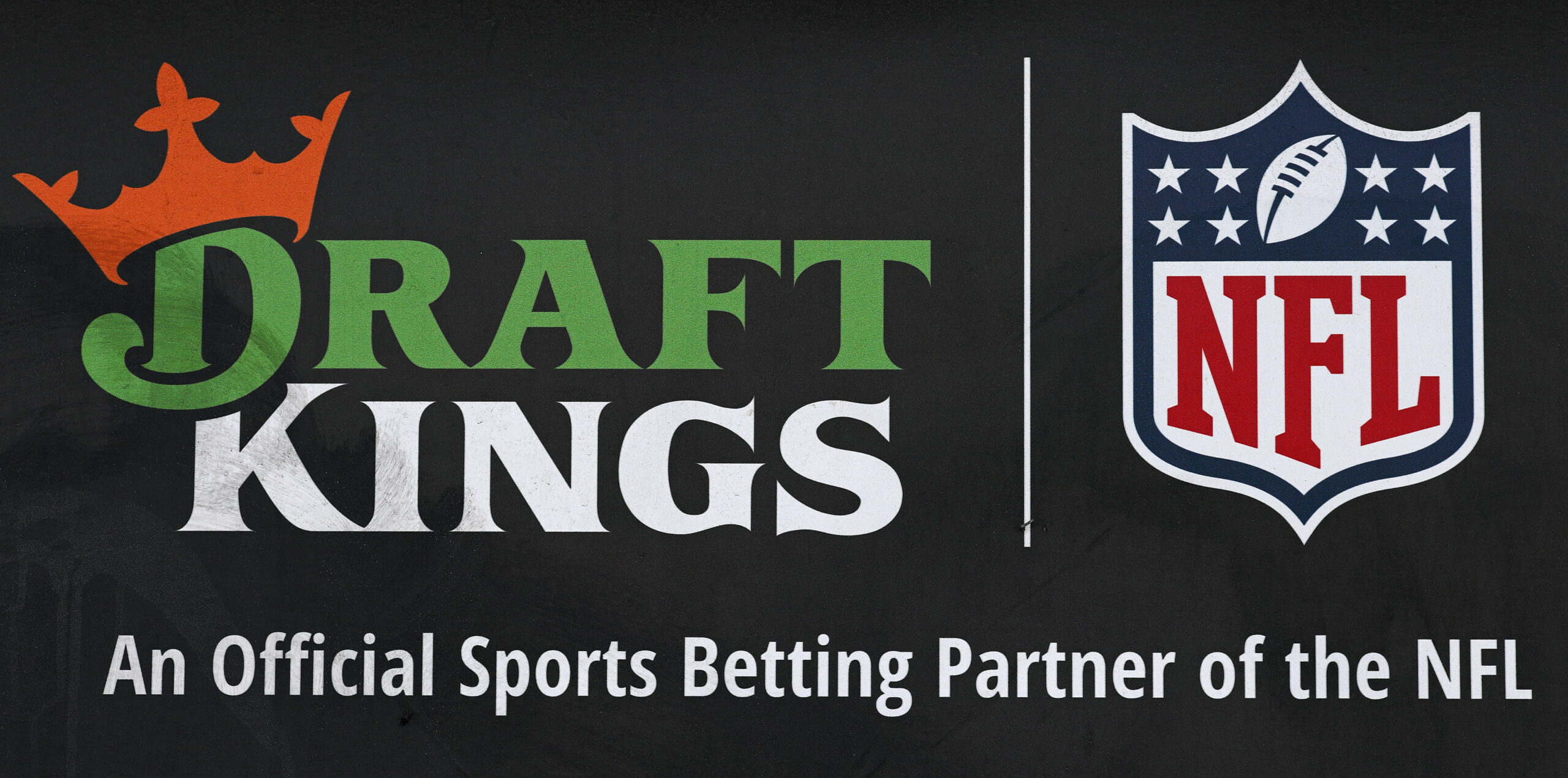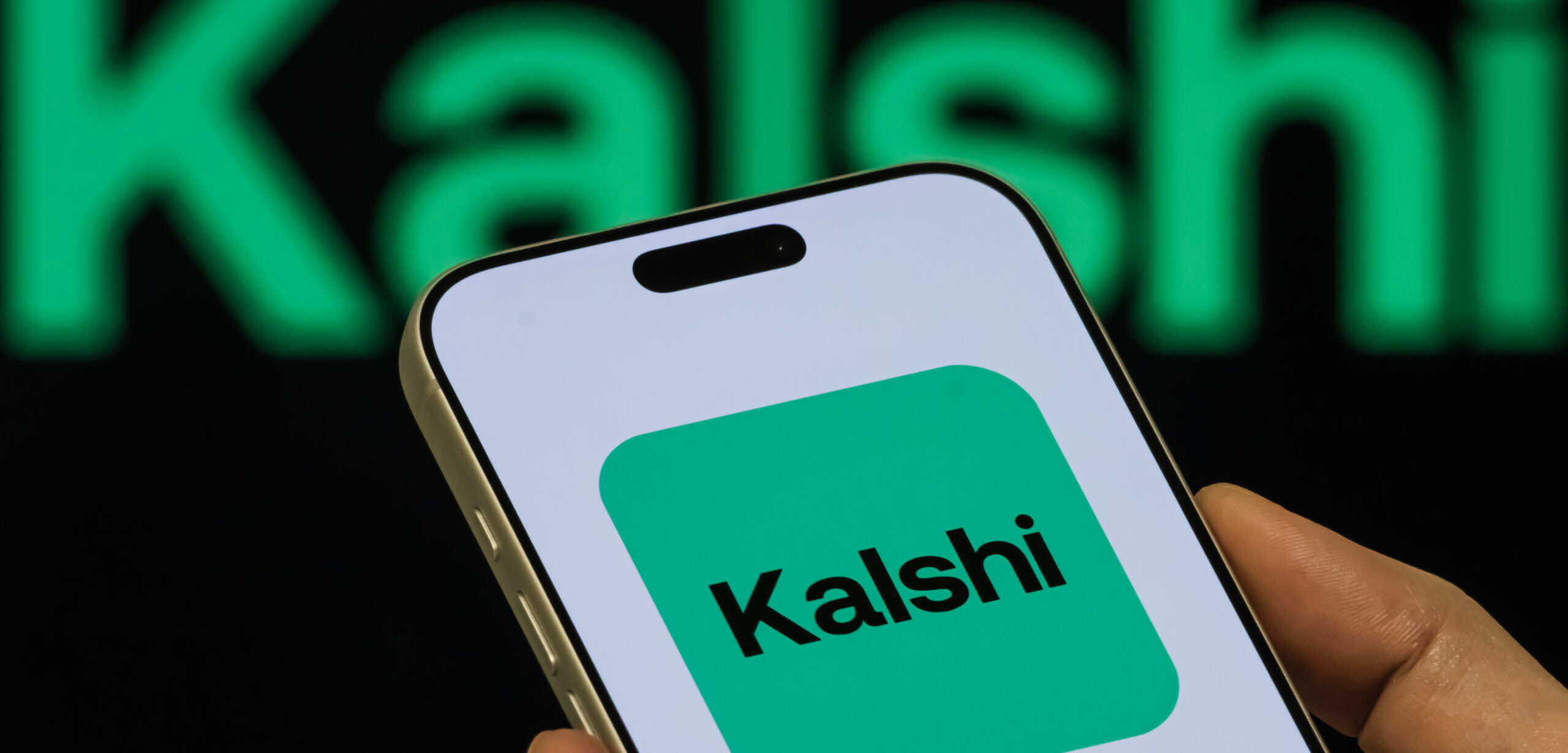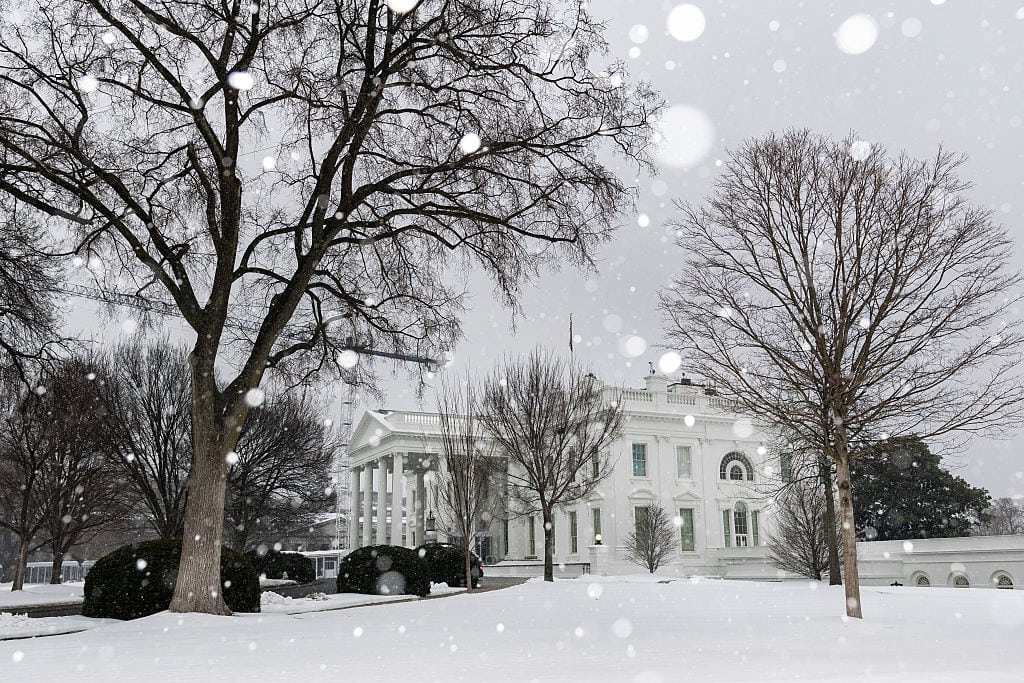Big Brother: CDC Tracked Millions of Phones to Monitor COVID-19 Lockdown Compliance

The Centers for Disease Control and Prevention (CDC) is the national public health agency of the United States. We have probably heard from it and felt its influence on American life more during the COVID-19 pandemic than at any other time in our lives. It has garnered an inordinate amount of deference from federal and state government officials, and from a large swath of the public.
The CDC’s new-found prominence, however, has not always been of a benign nature. Over the course of the pandemic, it went from issuing “guidelines” on what to do to stay safe and healthy to issuing “mandates” with the force of law – such as its mask mandate for mass-transit travelers.
That mandate was struck down by a federal court recently as an overreach of its authority.
The CDC’s “mission creep” into American life has now extended to electronic surveillance of all of us, at least in the aggregate.
According to the tech media site, Motherboard, documents obtained from the CDC via a Freedom of Information Act request shows that in 2020 and 2021 the CDC purchased the cell phone location data of millions of Americans from a company called SafeGraph.
Why? According to the CDC’s documents, so it could, among other things, trace the movements of groups of people in order to monitor compliance with quarantines, lockdown and curfew orders, locate COVID-19 “hot spots,” and serve other, unnamed CDC projects.
But exactly how safe or vulnerable are we due to this government surveillance?
One specific use for the data the CDC listed in the plan justifying its $420,000 purchase of the cell phone data was, “Examination of the correlation of mobility patterns data and rise in COVID-19 cases: … Mass gatherings (Concerts, Games, Places of worship etc.).”
In other words, the CDC wanted to use the cell phone data to tell how many people were attending a church, ballgame, or theater at a particular moment, or how many people in a particular location might be staying out later than a government-imposed curfew.
Of course, it’s all for the good of public health, right?
If you remember the stories of government officials during the pandemic ordering churches to stop meeting for worship or prayer, or religious schools to close, and imposing thousands of dollars in fines, this news of the government learning about our religious and personal activities is more than a little disconcerting.
The CDC touted the many types of personal data it could obtain from SafeGraph.
“SafeGraph offers visitor data at the Census Block Group level that allows for extremely accurate insights related to age, gender, race, citizenship status, income, and more,” one of the CDC documents reads.
The data can even reveal how long people – in the aggregate – are spending at home, broken down by state and census block.
However, experts say the cell phone data, which is supposed to be anonymous and reveal only “aggregate” data such as the size of crowds at any given location, has proven itself to be dangerously vulnerable to giving up personal information.
Zach Edwards, a cybersecurity researcher interviewed by Motherboard for its article, explained, “In my opinion the SafeGraph data is way beyond any safe thresholds [around anonymity].” He explained from an example on SafeGraph’s own website how data could be fine-tuned to focus on a single doctor’s office, risking identifying specific users of that office.
In fact, SafeGraph has recently responded to complaints from abortion proponents that its cell phone data could be used to compromise and identify the users of Planned Parenthood abortion facilities. SafeGraph tacitly admitted, by ending the sale of data related to those businesses, that concerns about identifying individuals and subsequent loss of privacy are valid.
Google has even gone so far as to remove SafeGraph from its app store, and forbids the use of SafeGraph data by any app designers wishing to sell their apps on Google. App designers who utilize Safegraph data typically agree to share their own users’ data with SafeGraph, raising additional privacy concerns.
And, according to the CDC, it wants to obtain cell phone data on a continuing basis.
“CDC has interest in continued access to this mobility data as the country opens back up. This data is used by several teams/groups in the response and have been resulting in deeper insights into the pandemic as it pertains to human behavior,” one of the documents obtained by Motherboard explains.
Our Founders were profoundly protective of personal liberty and distrustful of government, so much so that they created a constitutional system that intentionally limits government’s reach into our personal lives.
However, today’s ability to capture information on our whereabouts from the cell phones we all carry around in our pockets, in the hands of unaccountable government agencies, raises deeply concerning privacy questions.
Related:
Photo from Shutterstock.
ABOUT THE AUTHOR

Bruce Hausknecht, J.D., is an attorney who serves as Focus on the Family’s judicial analyst. He is responsible for research and analysis of legal and judicial issues related to Christians and the institution of the family, including First Amendment freedom of religion and free speech issues, judicial activism, marriage, homosexuality and pro-life matters. He also tracks legislation and laws affecting these issues. Prior to joining Focus in 2004, Hausknecht practiced law for 17 years in construction litigation and as an associate general counsel for a large ministry in Virginia. He was also an associate pastor at a church in Colorado Springs for seven years, primarily in worship music ministry. Hausknecht has provided legal analysis and commentary for top media outlets including CNN, ABC News, NBC News, CBS Radio, The New York Times, the Chicago Tribune, The Washington Post, The Washington Times, the Associated Press, the Los Angeles Times, The Wall Street Journal, the Boston Globe and BBC radio. He’s also a regular contributor to The Daily Citizen. He earned a bachelor’s degree in history from the University of Illinois and his J.D. from Northwestern University School of Law. Hausknecht has been married since 1981 and has three adult children, as well as three adorable grandkids. In his free time, Hausknecht loves getting creative with his camera and capturing stunning photographs of his adopted state of Colorado.
Related Posts

Online Super Bowl Betting Mushrooms, Fueled By Prediction Markets
February 11, 2026

Please Pray for the Release of Jimmy Lai
February 10, 2026

Kalshi, Prediction Markets Make It Easy for Kids to Gamble Online
February 10, 2026

